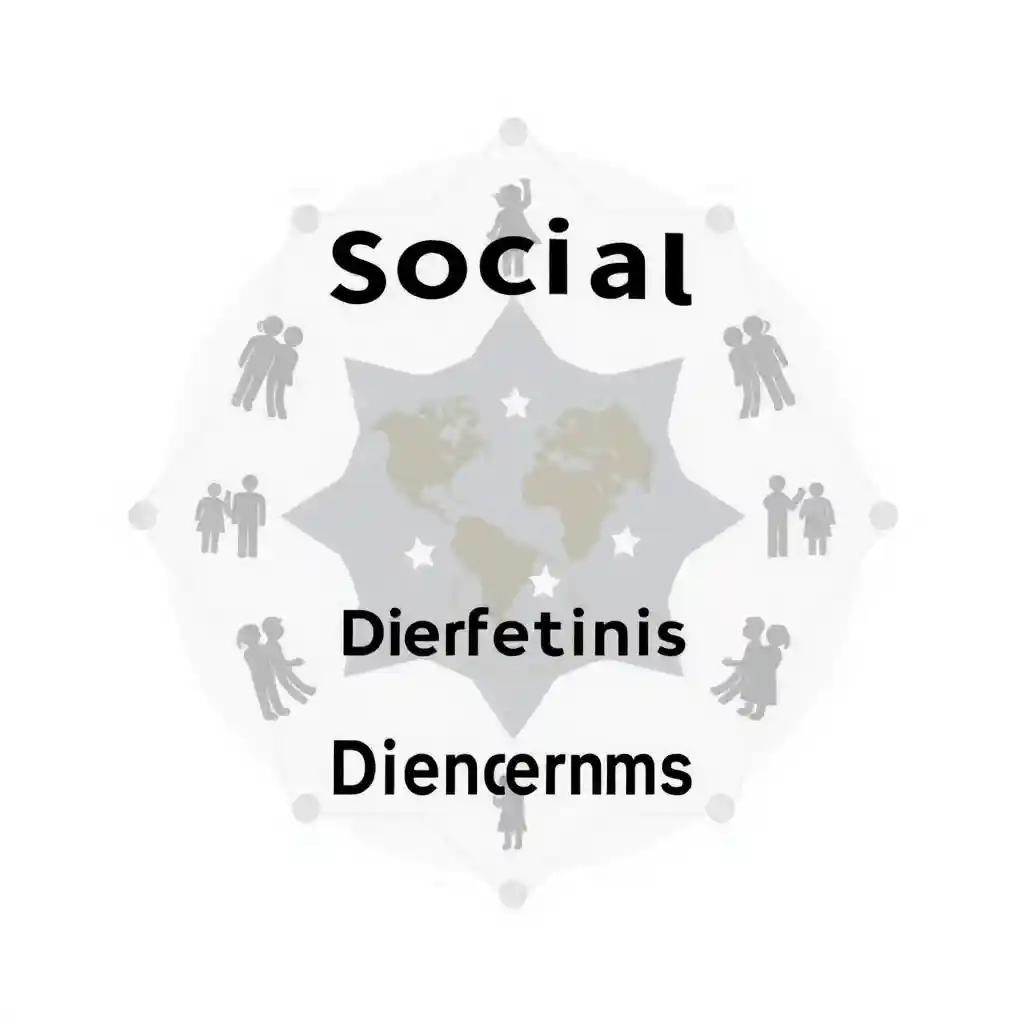Incestflox: A Detailed Look at Its Social and Cultural Dimensions

Incestflox is a subject that sparks deep discussions about relationships, culture, and societal norms. It encompasses the exploration of incestuous relationships and their effects, both from a personal and a societal perspective. This article aims to present a balanced, detailed explanation of the topic while ensuring a simple tone for easy comprehension.
Historical Background
Throughout history, the idea of incest has been controversial and heavily influenced by cultural and religious norms. Many ancient societies, such as royal families in Egypt, engaged in consanguineous relationships to preserve bloodlines. However, concerns about genetics and morality shaped stricter views against such relationships in most cultures over time.
This shift was driven by the desire to avoid genetic complications and to maintain social structures, leading to the establishment of taboos and laws against incest. Understanding these historical changes helps contextualize modern attitudes.
Psychological Impact
People involved in incestuous relationships often face emotional and psychological challenges. Feelings of guilt and confusion can arise, primarily due to societal disapproval and internal conflicts. These emotional responses are influenced by upbringing, cultural background, and the nature of familial bonds.
Support systems like therapy are vital for individuals to process these feelings. Counseling provides them with tools to understand their emotions and navigate societal stigma effectively.
Legal Frameworks and Regional Differences
The laws surrounding incest vary significantly across the globe. In many countries, incestuous relationships are strictly prohibited, carrying severe legal penalties. These laws are primarily concerned with protecting children and potential offspring from harm.
In contrast, some regions have more lenient or ambiguous regulations. For example:
Strict Prohibition
Some countries, like the United States and many in Europe, have strict rules about specific activities. They don’t allow them and have made laws to ensure people follow these rules. Breaking these laws can lead to severe punishments, like fines or jail time. The purpose of these strict rules is to protect people, maintain order, and ensure fairness.
For example, these rules may involve banning harmful substances, protecting wildlife, or limiting risky online actions. Everyone living in these places has to follow the laws to stay safe and avoid trouble.
Gray Areas
In some Asian and African countries, the rules for certain activities are unclear. Instead of having strict laws, these countries often make decisions based on traditions, beliefs, or local customs. This means what’s allowed in one area might not be okay in another.
Sometimes, these differences can confuse what’s right or wrong. These “gray areas” give people more freedom but can also create problems when people from different backgrounds or countries don’t understand the local practices.
Cultural Perspectives
Cultural beliefs play a pivotal role in shaping opinions about incestflox. While most societies universally condemn such relationships, the extent and reasons vary. For instance:
Western Cultures
Western cultures put a lot of focus on protecting individual rights and understanding genetic risks. They believe everyone should be free to make their own decisions, but these decisions should not harm others. Science has shown that close relatives having children can lead to health problems for the baby due to genetic issues.
This makes many people in Western cultures strongly against such relationships. Schools, media, and laws often discuss why avoiding these risks is important. Respect for personal choices is important, but so is the safety of future generations. This balance is key in Western societies.
Indigenous Tribes
In indigenous tribes, relationships were often built around tight family bonds. This was not always about romantic love but about strengthening and connecting the community. Many tribes believed staying close to family members made their group stronger and safer. Shared traditions, values, and resources are often involved in these decisions.
However, as the world became more connected, some tribes adopted new beliefs and practices. Now, many tribes combine their old traditions with modern ideas. This blend helps them stay true to their culture while adapting to new ways of thinking.
Religious Influence
Religions often teach people about right and wrong. Many religious books, like the Bible, Quran, or Torah, say that relationships between close family members are wrong. They call such relationships “sinful” or against God’s will. These rules are meant to guide people toward living moral lives. Leaders in religious communities often talk about these teachings during sermons or classes. For many, their faith is a big part of their everyday decisions. Religion shapes laws and traditions in some countries, reinforcing these ideas. People follow these teachings to stay true to their beliefs and show respect for their faith.
Media Portrayals
Popular media has often depicted incestuous relationships to explore the forbidden and controversial. From novels to TV shows, these portrayals sometimes sensationalize the topic. While some narratives focus on psychological struggles and societal repercussions, others romanticize the idea, creating misleading perceptions.
This duality highlights the importance of responsible storytelling to avoid reinforcing harmful stereotypes or trivializing sensitive issues.
Modern Technology’s Role
The rise of the internet has amplified discussions around incestflox. Online forums and platforms sometimes serve as spaces for individuals to connect and share experiences anonymously. While these platforms can foster support and understanding, they also raise ethical concerns regarding content regulation and potential exploitation.
Technology has also brought scientific advancements, such as genetic counseling, which provides insight into the risks of consanguineous relationships. This adds a layer of informed decision-making to the conversation.
Ethics and Morality
The ethics surrounding incestflox are deeply complex. The debate often centers on autonomy and consent. Critics argue that familial power dynamics can blur the lines of valid consent, making ensuring mutual agreement without coercion challenging.
On the other hand, some advocate for personal freedom, emphasizing that individuals should have the right to make choices about their relationships. This clash of perspectives underscores the need for empathy and a focus on protecting vulnerable individuals.
The Role of Therapy and Support
Therapy plays a crucial role in helping people navigate the complexities of incestflox. Licensed professionals can assist individuals in understanding their feelings, dealing with societal judgment, and exploring healthier relational boundaries. Therapy can also address intergenerational trauma often linked to such relationships.
Future Discussions
Conversations about incestflox will likely continue to evolve as society becomes more open to exploring complex relationship dynamics. Future discussions may involve deeper analyses of genetics, technology’s influence, and shifts in cultural attitudes.
Conclusion
Incestflox is a multifaceted topic that intersects with history, culture, law, and psychology. While the subject remains sensitive and controversial, fostering open and informed discussions can help dismantle stigma and create a more empathetic understanding. Whether viewed through a cultural, legal, or personal lens, the importance of education and compassion cannot be overstated. You can also know about Augie Martinez Lehigh by going through that blog.
FAQs
What is incestflox?
Incestflox is a term used to talk about relationships between close family members. It explores how these relationships affect people’s feelings, laws, and society. People often have strong opinions about incestflox because it involves sensitive topics like family bonds and personal choices. Talking about incestflox helps us understand why these relationships are treated differently and why they cause such strong emotions.
Why is incest taboo in most societies?
Incest is considered taboo, or something people avoid, for different reasons. Some believe it can cause problems with children’s health due to genetics. Others think it can harm how families work together or break important traditions. Cultures and religions also teach people that these relationships are wrong, which makes the idea of incest feel very uncomfortable for most people.
Are there countries where incest is legal?
Yes, some countries have laws that allow or don’t strictly forbid incest, but this varies a lot. It is entirely against the law in some places, while it is a little unclear in others. These differences happen because cultures and legal systems around the world have different rules about what is okay in family relationships.
What role does therapy play in incestflox?
Therapy is vital for people involved in incestflox situations. It helps them deal with their feelings, understand what has happened, and talk about their experiences in a safe place. Therapists also support people by assisting them to learn how to handle stigma or judgment from others. Therapy gives them a chance to heal and move forward.
How has technology impacted incestflox discussions?
Technology has changed how people talk about incestflox. The internet allows people to share their experiences and find support. However, it also raises new problems, such as people using technology to spread harmful content or opinions. Technology can be both helpful and challenging, depending on how it is used in these discussions.





